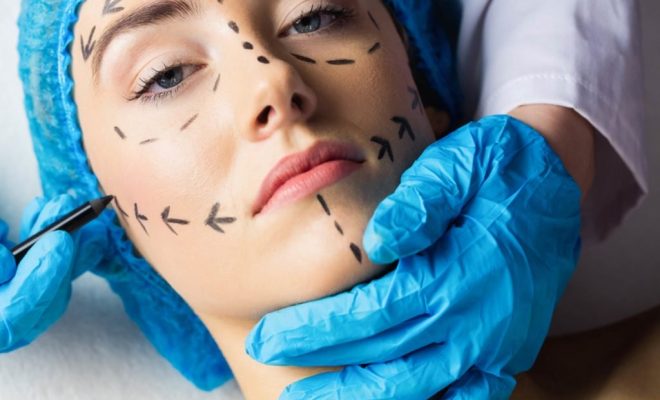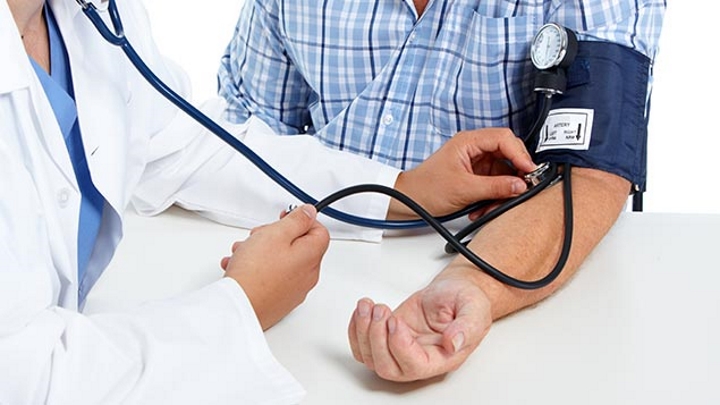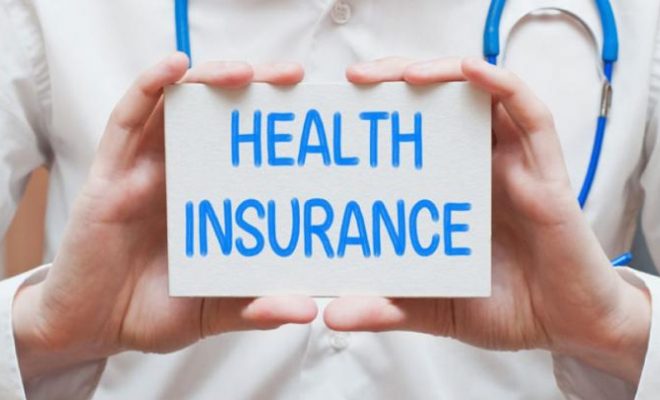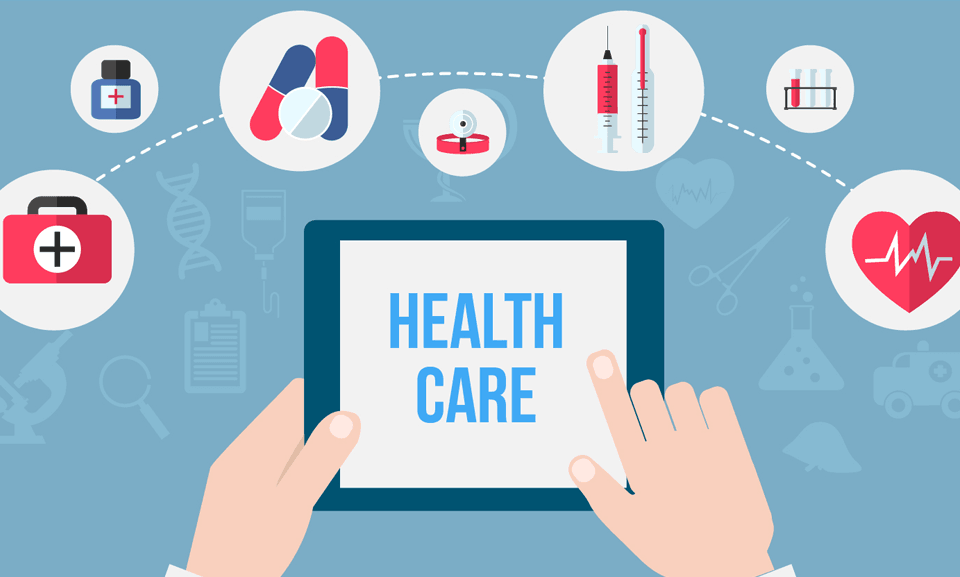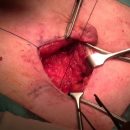Eye Screening in Singapore: Can you Drive after Diabetic Eye Screening
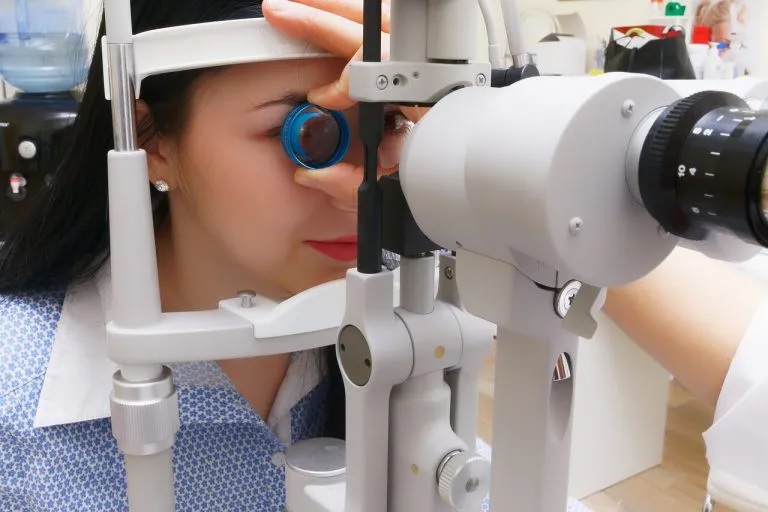
A diabetic eye screening is a check-up of the eyes to look for early signs of diabetes-related eye problems. It is recommended for patients living with diabetes. People with diabetes are at an increased risk for some serious eye problems, such as cataracts, glaucoma, and diabetic retinopathy.
This eye check-up in Singapore usually involves an eye doctor checking the pressure in your eyes, looking for signs of cataracts and glaucoma, and checking the retina for early changes related to diabetic retinopathy. The screenings are important because early detection and treatment of these problems can help prevent vision loss.
For patients considering having diabetic eye screening in Singapore or those who are scheduled for this exam, a relatively common question that tends to come up is; can you drive after a diabetic eye screening? If you are planning to have diabetic eye screening, the answer is; you should not drive yourself home after the procedure.
This is important because the eye drops that will be used may interfere with your vision for a couple of hours. Other than driving, it is also advisable that you do not operate any machinery until when your vision has been restored. Your eye specialist will give you more detailed instructions on what to do after the screening.
What are the Risks of Not Getting Screened?
As mentioned above, diabetic eye screening may be recommended for you if you have diabetes. It is important that you get screened because if you do not have a screening, you may not know that you have a problem until it is too late. By that time, you may have lost some of your vision.
There are a number of risks associated with not getting screened for diabetes-related eye problems. Some common risks include:
- Blindness: People with diabetes are at a higher risk for blindness. This is because diabetes can damage the blood vessels in the retina, which can lead to vision loss.
- Cataracts: A cataract is explained as the clouding of the lens in the eye. It is known to cause blurry vision. Cataracts is one of the diseases of the eye that’s quite common in people with diabetes.
- Glaucoma: This is a condition of the eye known to cause damage to the optic nerve. If left untreated (which may be due to delayed diagnosis), glaucoma can lead to blindness. If you have diabetes, you are almost two times more likely to get glaucoma than your peers who do not have diabetes.
- Diabetic retinopathy: Diabetic retinopathy is a condition that damages the blood vessels in the retina. It is a complication of diabetes which results from significantly high blood sugar levels damaging the retina. In most cases, it is treated with laser surgery.
All of these risks can lead to serious problems, including partial or even total vision loss. Therefore, it is important that you get screened so that you can catch any problems early and get treatment to help prevent vision loss.
How do you prepare for a Diabetic Eye Screening?
If you have diabetes, your doctor may recommend that you have a diabetic eye screening. This screening is important because it can help catch eye problems early before they cause vision loss.
There are a few things that you can do to prepare for your diabetic eye screening in Singapore. First, you should make sure to have a list of all the medications you are taking and the dosages. You should also bring a copy of your most recent blood sugar readings.
It is also important to wear comfortable clothing and shoes to your appointment, as you may be asked to remove them. You should also plan to have someone drive you home after the screening, as the eye drops used during the exam can cause blurred vision.
What to Expect During and After Diabetic Eye Screening
During the diabetic eye screening, the doctor will check your eyes for any signs of problems. This will usually involve a thorough examination of the front and back of your eyes. The doctor may also use special drops to help dilate your pupils, which can make it easier to examine your eyes.
After the screening, you will likely have some blurry vision. This is caused by the eye drops that were used during the exam. This side effect is usually temporary and will go away after a few hours. However, you should not drive or operate any machinery until your vision has returned to normal.
How to Take care of your Eyes after a Diabetic Eye Screening
After you have had a diabetic eye screening in Singapore, it is important to take care of your eyes. This includes getting regular screenings, as well as taking care of your eyesight.
It is also important to eat a healthy diet and keep your blood sugar under control. This can help to prevent problems with your eyesight.
If you have any questions or concerns about your diabetic eye screening, be sure to talk to your doctor. They can answer any questions you may have and help ensure that you are taking care of your eyes.
What to do if you have a Problem after the Screening
If you have any problems after your diabetic eye screening, be sure to talk to your doctor. They can help to diagnose and treat any problems that you may have.
It is important to get treatment for any eye problems related to diabetes as soon as possible. This can help to prevent vision loss and other serious complications.
Final Wods
Diabetic eye screenings are important for people with diabetes. The screenings can help catch eye problems early before they cause vision loss. It is important to get regular screenings and take care of your eyes—but do not drive after the screenings.
If you have any questions or concerns, be sure to talk to your eye specialist. We offer a full range of diabetic eye screenings and treatments. If you have diabetes, please call us to schedule an appointment for diabetic eye screening in Singapore. We would be happy to help you protect your vision. Call: +65 6334 2282.
Chelvin Sng Eye Centre – Glaucoma | Cataract Surgery | Eye Specialist
38 IRRAWADDY ROAD MT ELIZABETH NOVENA SPECIALIST CENTRE, #06-25, 329563
+65 6334 2282
https://www.drchelvinsng.com/


